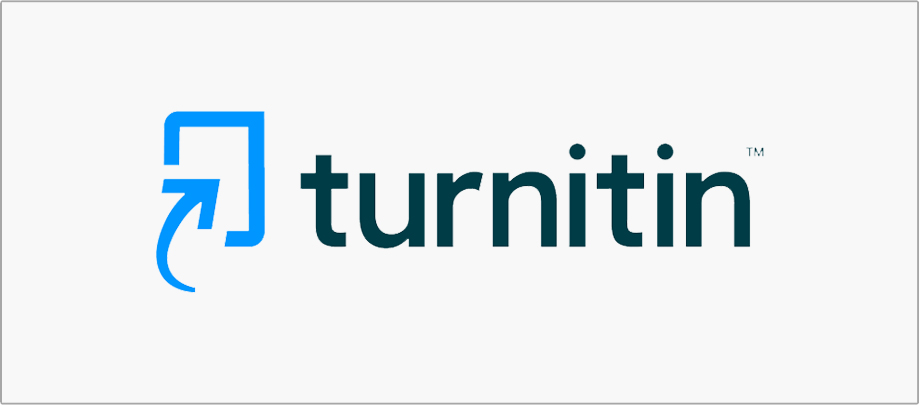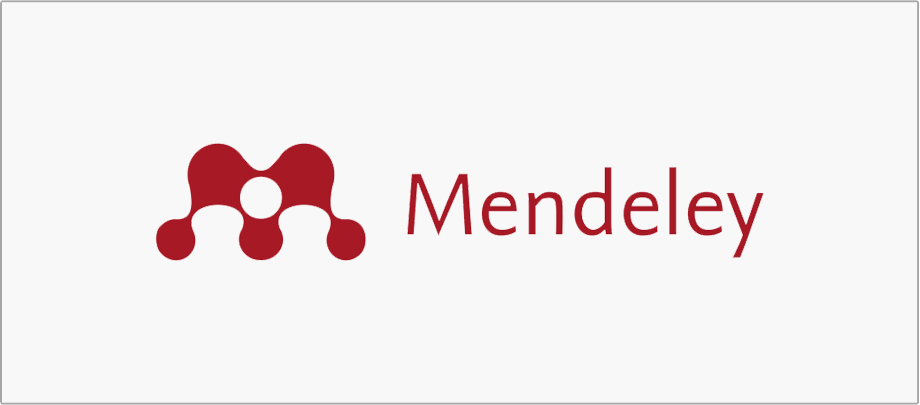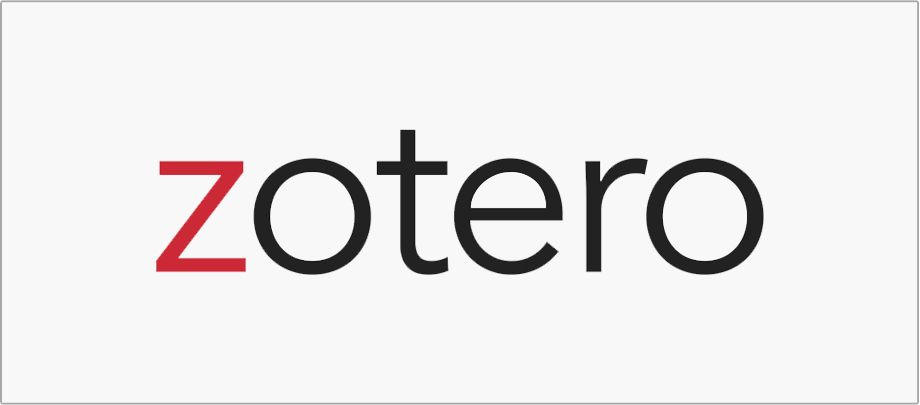Unraveling the Origins of Kurdish Literary Heritage: Challenges and Perspectives
Abstract
The present paper aims at exploring the complex processes of emergence of Kurdish literary culture with an emphasis on the history of Kurdish written poetry and the cultural context that has contributed to its development. Such works as the poems of Baba Tahir provide the primary basis for the research that alters the understanding of plagiarism and authenticity of Kurdish literature. By dint of close reading of key texts and historical periods, the research thus highlights the importance of critical appreciation in assessing literature. It reflects on the timeless enigmatic nature of Kurdish literature that further stresses the importance of the comprehension of its roots and values. This study offers a clearer understanding of the complexity of the Multiple Layers of Ambiguity in the context of Kurdish poetry and serves as a reminder of the significance of further historical and comparative analysis of Kurdish and other related poetic traditions. The study also underlines the need for cooperation between scholars working in academia in order to find a solution to the problem and to capture the essence of the Kurdish literature origins.
------------------------------------------------------------------------------------------------
Artikel ini membahas asal-usul dan evolusi kompleks warisan sastra Kurdi, khususnya berfokus pada kemunculan puisi tertulis Kurdi dan konteks budaya yang memengaruhi perkembangannya. Penelitian ini berhipotesis bahwa memahami akar sastra Kurdi memerlukan pemeriksaan kritis terhadap teks-teks utama, khususnya karya Baba Tahir, sekaligus membahas masalah plagiarisme dan keaslian. Dengan menggunakan analisis historis dan komparatif, penelitian ini meneliti berbagai teks puisi dan pengarangnya, di samping norma linguistik dan tematik dari masing-masing era. Temuan utama mengungkapkan bahwa meskipun puisi Baba Tahir menandai titik penting dalam sejarah sastra Kurdi, banyak klaim mengenai puisi Kurdi sebelumnya tidak memiliki bukti substansial, yang menyoroti perlunya penyelidikan ilmiah yang ketat. Sebagai kesimpulan, pembahasan ini menggarisbawahi pentingnya memahami kontribusi sastra yang signifikan dan menyerukan upaya kolaboratif di dunia akademis untuk lebih jauh mengeksplorasi seluk-beluk tradisi sastra Kurdi.
Keywords
Full Text:
PDFReferences
A Committee from the Ministry of Education. (2005). Teachers' Headquarters Institutes (1st ed.). Abda' Printing House.
Abdulwahid, A. (2015). Mêjuwî Edebî [Literary History] (1st ed.). Kirkuk.
Ali, A. O., Wali, A. H., Hamafaraj, D. S., Abdullah, K. B., Ali, S. T., & Abdalla, S. (2024). Style and stylistics in literary research: An analysis using the examples of Goran and Dylan. Journal of Linguistics and Social Sciences, 2(1), 27-41.
Al-Maliki, N. A. M. (2019). The case of plagiarizing pre-Islamic poetry. King Abdulaziz University, College: Arts and Humanities. Section: Arabic Language and Literature, in the Kingdom of Saudi Arabia. College of Arts Research Journal, 777-778.
Amin, N. M. (2012). Bedem Rêgawe Gullçnîn [Picking Flowers on the Way] (Book 1, Vol. 1, 1st ed.). Al-Dar Al-Arabiya Publishing House.
Borakeyi, S. (Safizadeh). (1991). Mêjuwî Wêjeyi Kurdî [History of Kurdish Literature] (Vol. 1, 1st ed.). Cher Printing House.
Bu Witas, P. (1987, May 13). Zarawe Kurdîyekan û Zimanî Nûsîn [Kurdish terms and written language]. In Amjad Shakely. Retrieved from http://amjad-shakely.blogspot.com/1987/05/blog-post.html
Çwarînekanî Babatahîr [Baba Tahir's poems]. (2009, May 30). Kurdistan Mahabad. Retrieved from http://kurdistan-mahabad-2709.blogspot.com/2009/05/blog-post_3052.html
Deif, S. (n.d.). Ālʿṣr l-jāhlī [The Pre-Islamic Era] (8th ed.). Dar Al-Maaref.
Deputy General Manager. (2009, October 19). Qziye Alantḧal fî Alş'r Al'rbî [The case of plagiarism in Arabic poetry]. Retrieved from https://moontm.mam9.com/t51-topic
Ewin Library. Jiyanî Babatahîr [Life of Baba Tahir]. Retrieved from http://evinebook.blogfa.com/post/
Hawrami, H. (2019). Honraweyi Hurmzgan (Kurd û Zerdeşit, Çend Lêkollîneweyekî Zanistî) [Hormozgan Poem (Kurd and Zoroastrianism, Some Scientific Research)] (1st ed.). Task Center for Strategic Thought and Research.
Hawrami, N. (2013). Zimanî Ayînî Yarsa [Yarsa Religious Language] (1st ed.). Sulaimani Publishing Directorate.
Hormozgan. Yekemîn Şê'rî Nûsirawî Hewramî [First poem written by Hawrami]. Retrieved from http://letifkurd.blogfa.com/post/1
Hussein, H. (2010). Derwazeyek Bo Rexineyi Edebî Nwêyi Kurdî [Gateway to Criticism of New Kurdish Literature] (2nd ed.). Baz Printing House.
Ibrahimi, A. (2012). Lêkullînewew Rûnikrdineweyi Mêjuwîyi Leser Kurd Û Kurdistan [Research and historical explanation on Kurds and Kurdistan] (1st ed.). Aras Printing House.
Kakasur, M. A. (2009). Grftekanî Nûsînî Mêjuwî Kurd [Problems of writing Kurdish history]. History Magazine, 9. Kurdistan Historical Cultural Association.
Kakeyi, H. M. (2019, June 5). Heqîqetî Çwarînekanî Babatahîr [The truth of Baba Tahir's poems]. Raman Magazine, 265.
Karim, A. M. (2012). Seretayi Mêjuwî Edebî Kurdî Lelay Secadî w Borekeyî w Xeznedar [Early history of Kurdish literature by Sajadi, Boraki, and Khaznadar]. Nuser, Kurdish Writers Union/Sulaimani Branch.
Khaznadar, M. (1984). Lebabet Mêjuwî Edebî Kurdîyewe, Brîtîye le Çwarde Lêkolînewe [On the History of Kurdish Literature, Including Fourteen Researches] (1st ed.). Iraqi Foundation for Advocacy and Printing.
Khaznadar, M. (2010). Mêjuwî Edebî Kurdî [History of Kurdish Literature] (Vol. 1, 2nd ed.). Aras Printing House.
Kurdish Academy. (2013). Yadkrdineweyi Rojî Cîhanî Zimanî Zgmak [Celebrating World Mother Language Day] (1st ed.). Haji Hashim Printing House.
Luqmani, R. (2013). Çwarînekanî Babatahîrî Hemedanî [The Poems of Baba Tahir Hamadani] (1st ed.). College Scientific Printing House.
Mawlod, A. K. (2013). Karîgerî Şa'îranî Klasîkî Kurdî Leser Yektirîda [Influence of Kurdish Classical Poets on Each Other] (2nd ed.). Rojhelat Printing House.
Mohammed, A. Q. (2018). Lîrîkayi Şa'îrî Gewreyi Kurd "Mewlewî" [Lyrica of the Great Kurdish Poet "Maulavi"] (Vols. 1-2, 1st ed.). Andisha Arts and Culture Center.
Mohammed, M. (2008). Zimanî Kurd [Kurdish Language] (H. Kakawais, Trans.). Hawads Printing House.
Pasha, A. (2018, May 10). Seretayekî Nwê bo Şî'rî Kurdî [A new beginning for Kurdish poetry]. Raman Magazine, 257.
Qaradaghi, M. A. (2015). Diywanî Mestûre [Mesture Autobiography] (1st ed.). Scientific College Publishing House.
Rasul, E. M. (2011). Efsaneyi Ser Pêstekan [The Legend of the Skins]. Special program of Payam TV.
Rasul, E. M. (2011). Mêjuwî Edebî Kurdî [History of Kurdish Literature] (Vol. 1, 1st ed.).
Sajjadi, A. (2012). Mêjuwî Edebî Kurdî [History of Kurdish Literature] (1st ed.). Kurdistan Publishing House.
Shuani, M. H. (2011, January 28). Entiropolojiyayi Ziman û Zimanî Kurdî be Nmûnh [Anthropology of language and Kurdish language as an example]. Retrieved from https://shwany.blogsky.com/1390/01/28/post-58/
Skr, S. M. (2021, May 1). Alantḧal fî Alş'r Alcahlî [Plagiarism of Pre-Islamic Poetry]. Al-Muthaqaf Journal, 5236. Retrieved from https://www.almothaqaf.com/index
Srwa Tahir Ali, S., Aram Omer Ali, A., Aram Omer Mahmood, A., Alim
Abdulla Karum, A., & Mawdud Jabar Abdulla, M. (2024). Lyrical and musical genres in Goran's poems. Journal of Linguistics and Social
Sciences, 2(1), 13-22.
Tabriz, M. H. ibn Khalaf. (1317). Burhan Qata' (Vol. 1, M. Mo'in, Ed.).
DOI: http://dx.doi.org/10.22373/adabiya.v26i2.24628
Refbacks
- There are currently no refbacks.
All papers published in Jurnal Adabiya are licensed under a Creative Commons Attribution-ShareAlike 4.0 International License. |

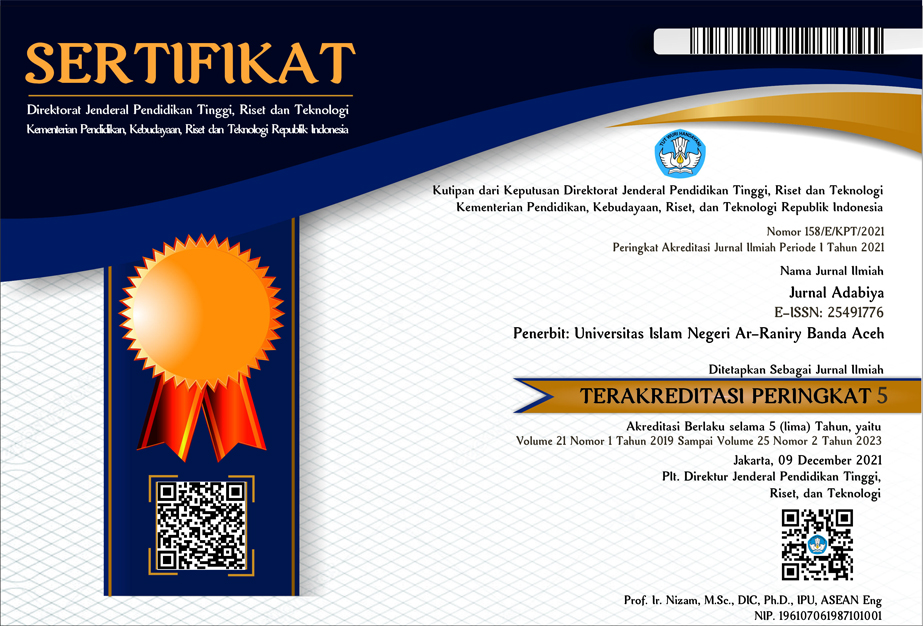


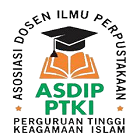


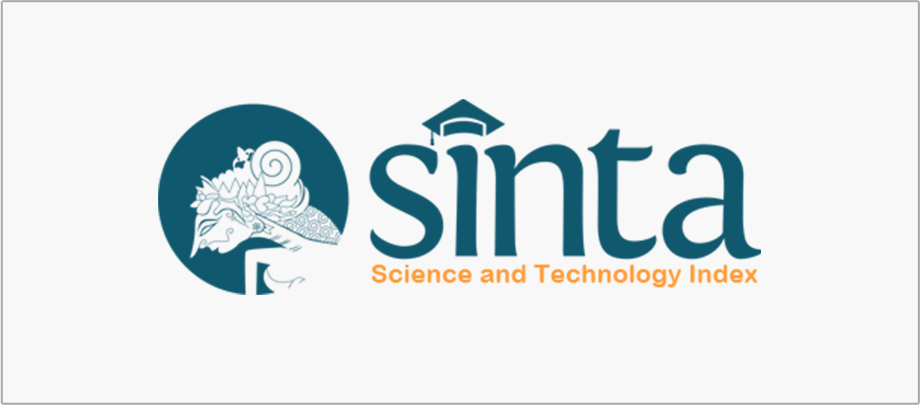

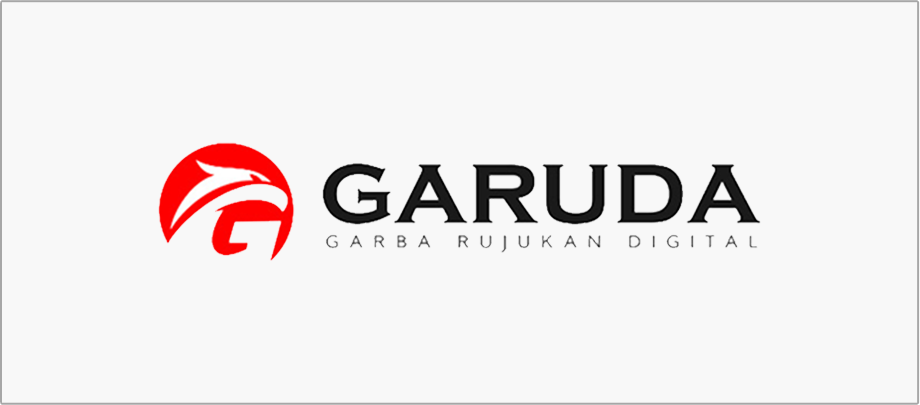
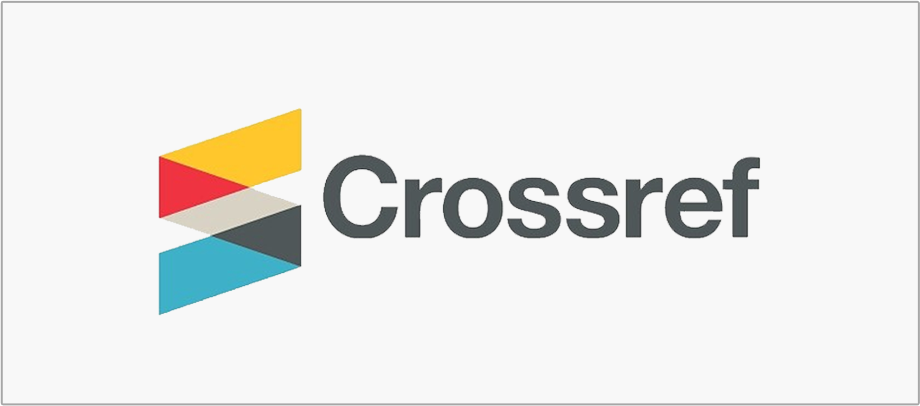
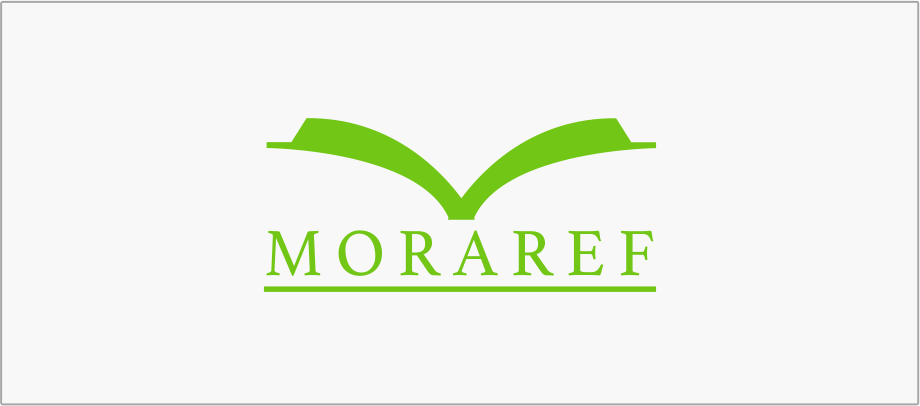
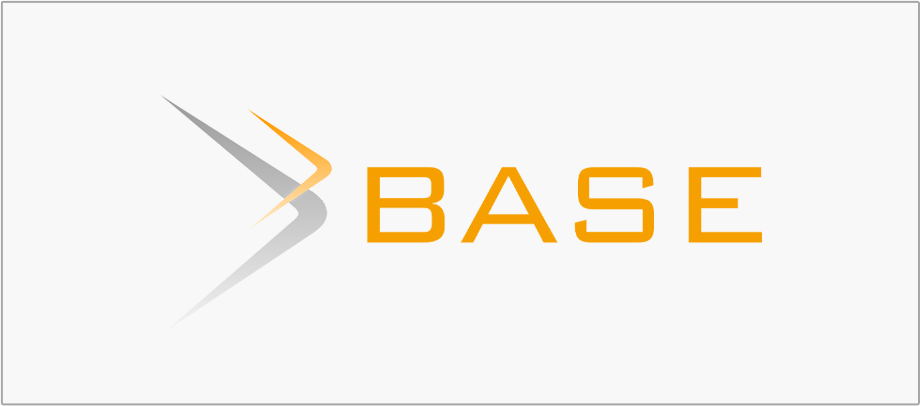

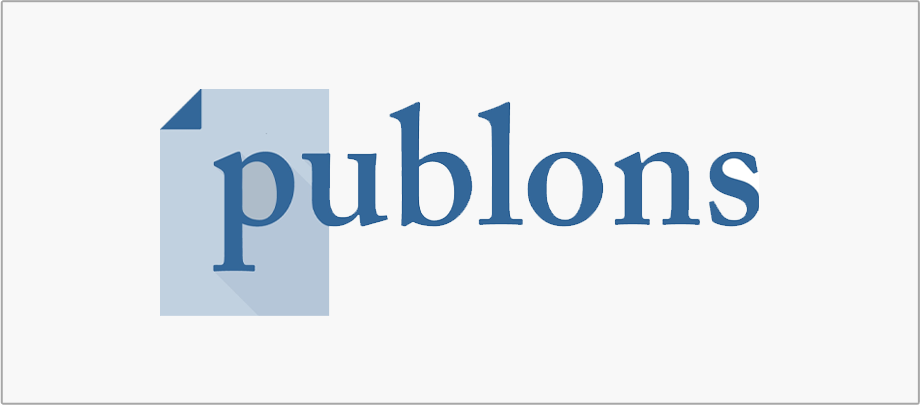

_(4)1.png)

